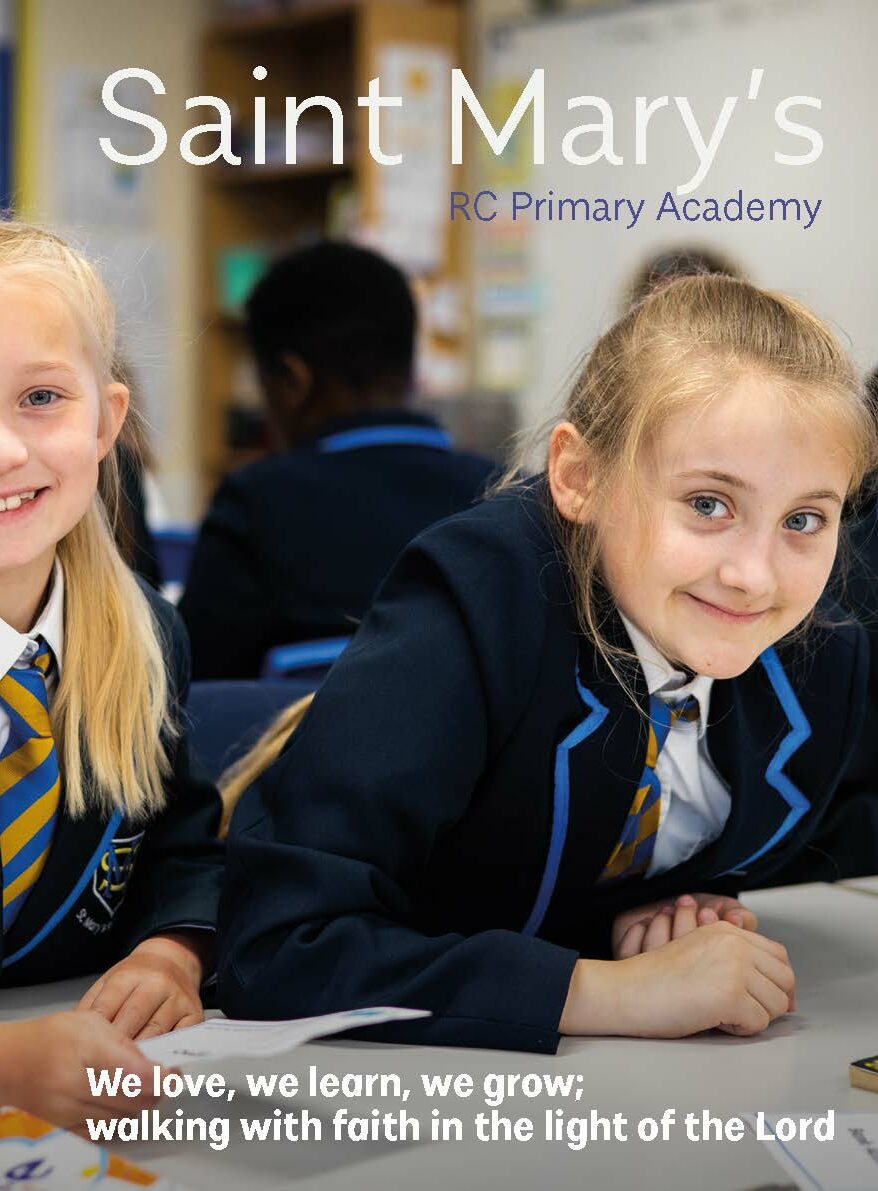New EYFS curriculum 2021
In September 2021 the curriculum changed. The information below outlines the changes to the EYFS which effects children from birth to the end of reception in an educational setting.
The DfE says that the changes are intended to:
- Save time doing unnecessary paperwork – educators will be spending less time doing paperwork and observations and more time interacting and building relationships with children
- Make all 17 ELGs clearer, more specific and easier for teachers to make accurate judgements, there are still 7 areas of learning that remain the same
- Focus on strengthening language and vocabulary development to particularly support disadvantaged children
- Strengthen literacy and numeracy outcomes to ensure all children have a good grasp of these areas of learning in preparation for year 1
- Ensure the ELGs are based on the latest evidence in childhood development
The new non statutory development matters gives 7 key features of effective practice:
- The very best for every child
- High quality care
- The curriculum – what we want children to learn
- Pedagogy
- Assessment
- Self-regulation and executive function
- Partnership with parents
Personal, Social, Emotional Development
Personal, Social, Emotional Development is now in three parts and included self-care, eating and managing emotions; Self Regulation (regulate their behaviour), Managing Self and Building Relationships.
‘Self Regulation’ replaces ‘Managing feelings and behaviour’.
Self-regulation is the ability to monitor and manage your energy states, emotions, thoughts, and behaviours in ways that are acceptable and produce positive results such as well-being, loving relationships, and learning.
Communication and language
Communication and language has been split into two instead of three sections, putting listening and understanding together and a greater focus on the importance of language development. The end goals are similar to the existing EYFS.
These are the foundations of Literacy and a Prime Area in the EYFS. Without these skills children will not be able to move onto Literacy, in the National Curriculum there is Literacy and Language. Children still need to develop their language skills as much as their writing in the National Curriculum.
Physical Development
This is the third prime area of learning. There is now a greater focus on the link between gross and fine motor skills.
Health and Self-Care has moved to PSED now and Physical development now concentrates on just that.
Mathematics
Covering the objectives in the EYFS for maths through play
Maths has taken less of a focus on shapes and more of a focus on patterns. Shape work is included in the development matters but not in the ELG.
Practitioners are able to work on shaping their own way of teaching maths which can be done through play and short adult led activities.
Literacy
The Early Learning Goals are similar to before, but there is greater focus on literacy learning in earlier ages including a link between understanding and later reading and writing skills. Children in Early Years learning these skills through phase 1 then phase 2 phonics, as well as through storytelling and small world and role play, mark making in play, drawing and painting.
Understanding the World
There is a greater focus on widening experiences in line with cultural capital.
Technology has been removed as children get so much technology already at home and ipads are not age appropriate for early years children, settings will use it of course but there is no prescribed end goal. The new UTW focuses more on building scientific knowledge.
Art and Design
Remains very much the same.
Characteristics of Effective Learning
The Characteristics of effective learning remain unchanged in the new EYFS. Children need motivation to learn.
Motivation is more important than knowledge and is the key to success for children and adults. Think of the Characteristics of Effective Learning as instilling motivation to not only succeed in Early Years, but to also become lifelong learners. The EYFS has the Characteristics of effective learning at the heart of the curriculum.
Assessment
The statutory assessment in Early Years in Reception are:
- Baseline in Reception
- ELGs
Practitioner knowledge is heavily valued and there is still a need to educators to share information with parents in which way they chose.
There is no longer an exceeding judgement at the end of Reception.
Safeguarding
Safeguarding and welfare of children remains as important as ever with a new focus on oral hygiene and teaching children oral care as well as providing information to parents.
We hope you found this useful, if you have any questions please do not hesitate to ask Mrs Jackson.






